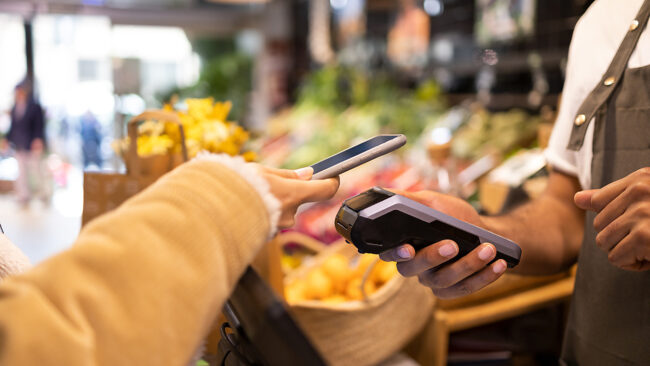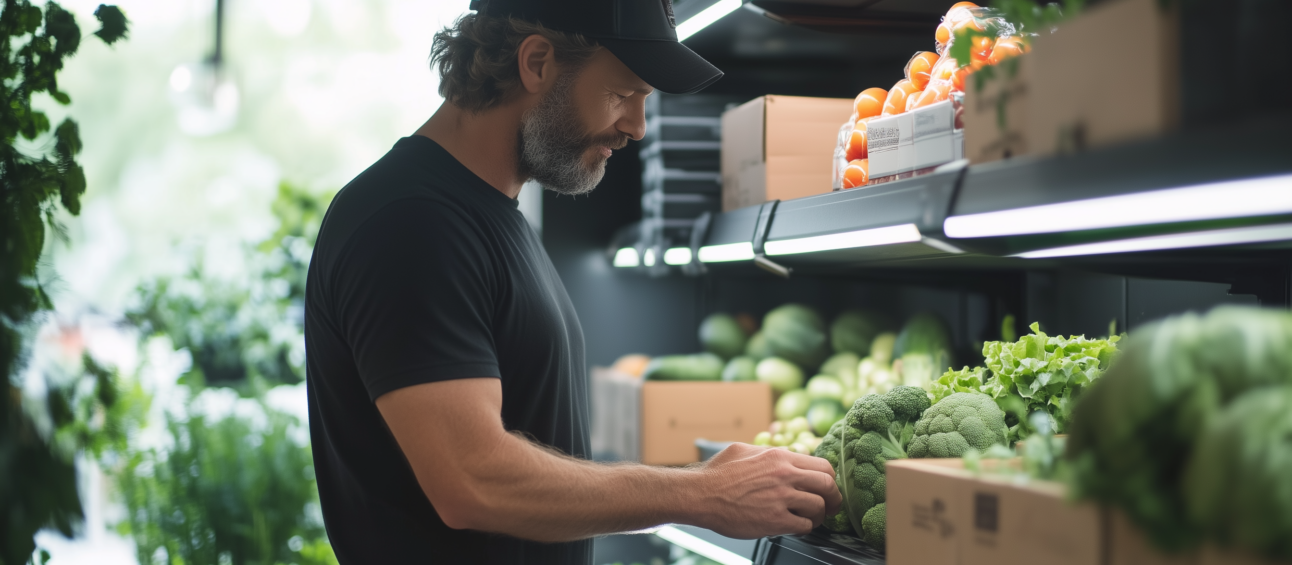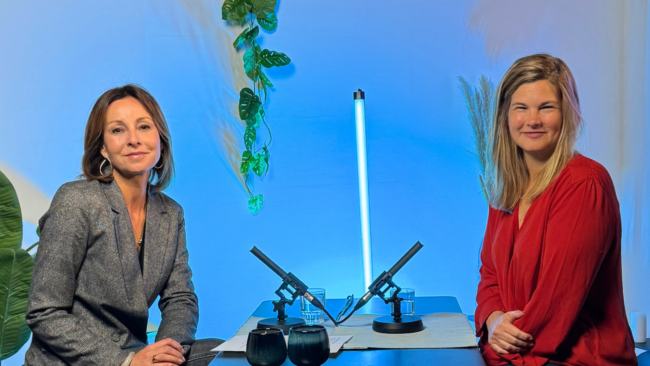
Cyber attacks: a growing risk for the food industry
In 2024, Vanbreda Risk & Benefits, Belgium’s largest insurance broker, recorded one new cyber incident at Belgian businesses every week. This represents an increase on the previous year of no less than 64%. Although most of these incidents cost no more than 20,000 euros, 4% of businesses lost more than 1 million euros due to downtime. These figures show that cyber attacks are a growing risk for businesses, and the food industry is no exception.



